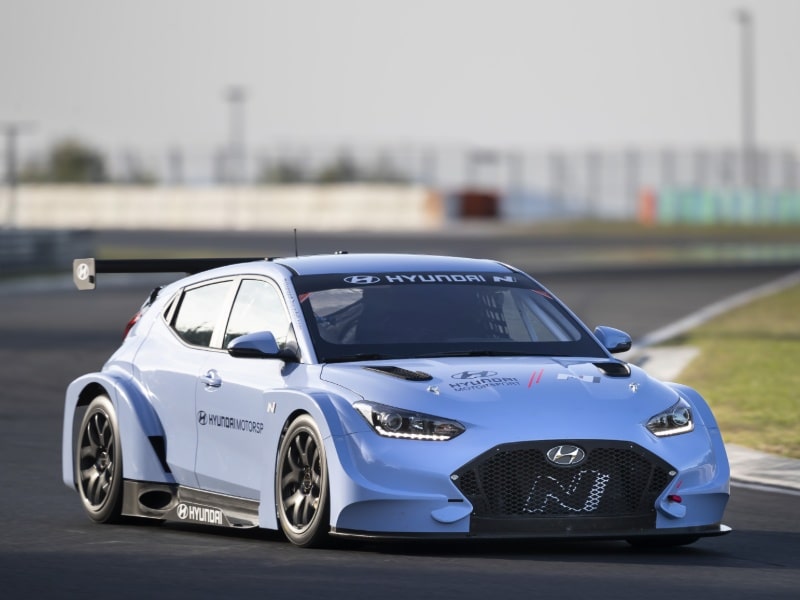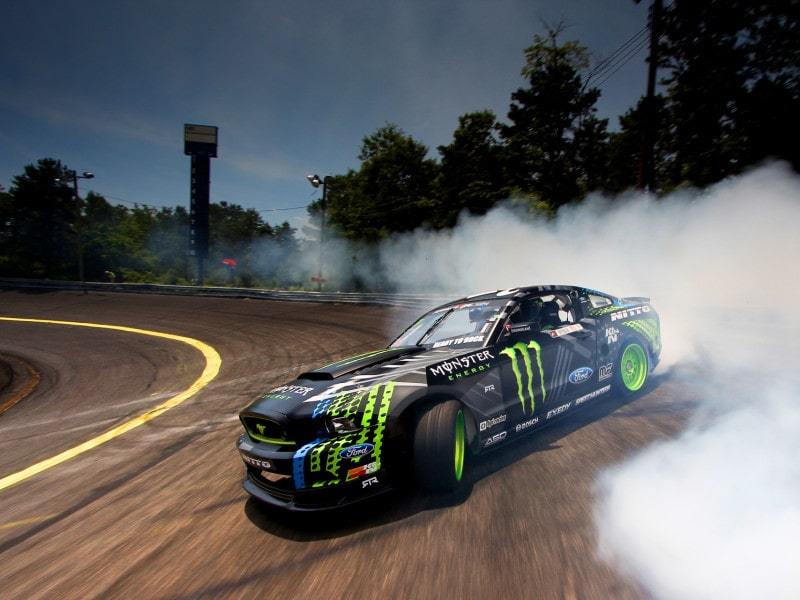Today’s Formula 1 car races have little to do with the first car race in history. Today we will tell you something about the history of motor racing, and some curiosity about the first car races in history.
The first car race in history
The first car race was in 1894. Nothing more and nothing less than 125 years ago. Imagine how the car industry has evolved since then. It happened in France and the race consisted of the distance between Paris and Rouen, about 126 kilometres.
The call for this race was quite funny, a journalist from Le Petit Journale, Pierre Giffard, decided to call it to show the world how far the automobile industry had developed in France. The previous year, he had launched another competition, this time to find out which was the best car of the time.
The competition was called Le Concours des Voitures sans Chevaux (“The competition of cars without carriages”) and only the title already generated an enormous controversy at the time. Part of the society was against those machines that walked without having to be pulled by horses.
Despite this, 102 drivers showed up, of which only 21 actually came to compete. More than half did not meet the requirements to participate, it must be borne in mind that most of the cars were in states unintelligible to us, some could not be started more than 5 minutes.
In this competition, in addition to speed, prizes were awarded for the safety offered by the vehicle, the ease of driving, the fact that no mechanic’s help was needed to get started and, above all, the fact that the vehicles involved the least possible expense. Some of the cars had a combustion engine, but almost half still had a steam engine.
The driver who managed to make the race in the shortest time was not the winner. The Marquis of Albert de Dion, made the route in no less than 6 hours and 48 minutes. The problem is that he needed the help of a mechanic to complete the race, so his victory was annulled. This requirement was against the rules of participation.
However, the victory was shared among the next best. It is not surprising to see that it was the brothers Peugeot and Panhard&Levassor. The empire that their families would later build has a lot to do with this race.
Other curious races in the history of cars
The history of motorsport went through many phases after the first race. By 1900, motor racing had crossed the Atlantic and been planted in the Americas.

The Gordon Bennett Cup had established itself as an annual race with the presence of international drivers. Each country could present up to a maximum of three cars. France won four of the six races, an unmistakable sign that it positioned itself as the country that produced the best cars.
In 1903, there was what would be known in the history of motor racing, as the Race of Death. It consisted of three stages that were to link Paris with Madrid, some 1307 km away.
On the way there were all sorts of ups and downs and sadly misfortunes. Marcel and Louis Renault two of the star participants, suffered the most unpleasant accident, Marcel went off the road and died, so his brother and partner stopped running forever. Another of the runners was Charles S Rolls, known worldwide for founding the Rolls Royce who competed like a brave to the end.
But the winner, who only covered the distance between Paris and Bordeaux, was Fernand Gabriel, who managed to travel about 100 kilometers per hour to his destination. The second place was. Not surprisingly, for Louis Renault.
The Vanderblit Cup in 1904 was the first trophy in the history of motorsport in the United States. And for many years it was one of the most important in the world. Created by millionaire William Kissam Vanderbilt II. We highlight it here because it positioned the American car industry in a good place, after France.
The history of the first race and motor racing in general, as you can see, is very interesting, especially in its beginnings, were other times and the exploits in the races were considered heroic.
The crowds were going crazy in the ditches of the roads, we must not forget that they began being a luxury that only the richest could afford, since only they could buy cars.





